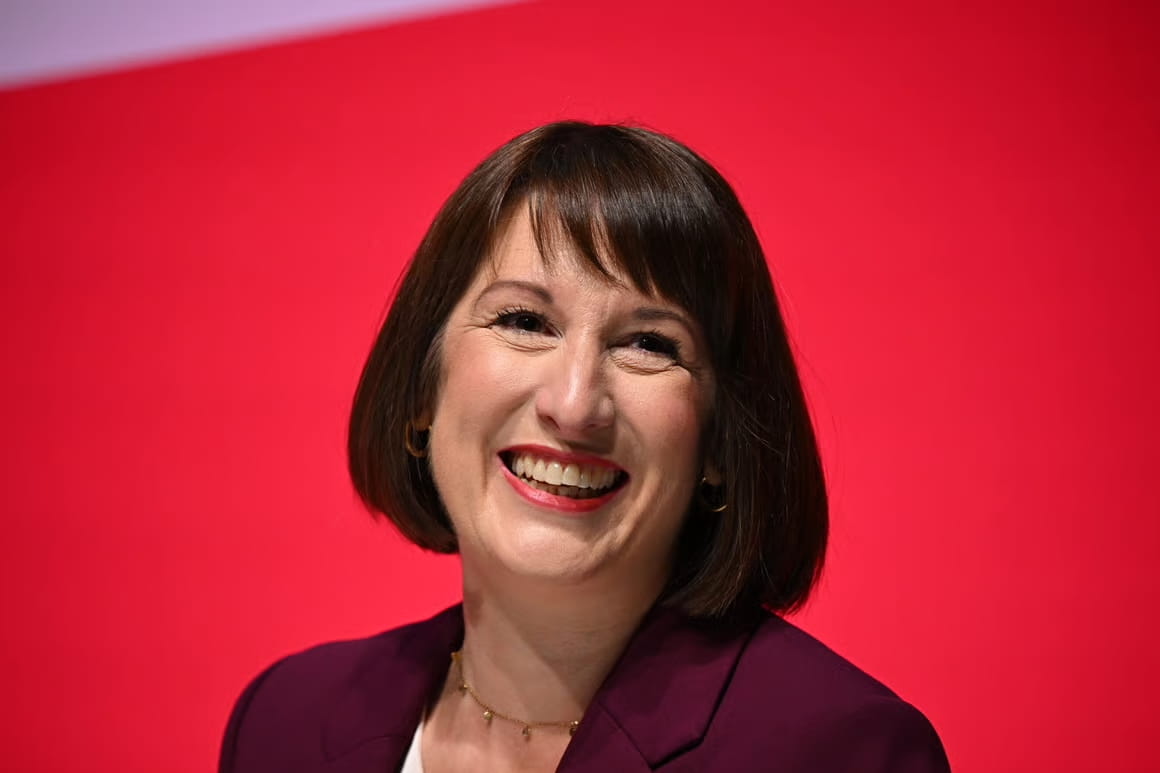
According to a report by The Telegraph, to fill a £20 billion (about $26.8 billion) budget gap, UK Chancellor Rachel Reeves is rumored to consider using the government's seized bitcoins, with a potential sale amount exceeding £5 billion (about $7.1 billion). The news has sparked widespread discussion in the market, and it inevitably reminds people of the mistake made in 1999 when then-Chancellor Gordon Brown sold off more than half of the gold reserves at a low price.
Although the UK government has not publicly disclosed its cryptocurrency holdings, it is believed to include at least 61,000 bitcoins, which are assets that flowed from a Chinese Ponzi scheme to the UK. In 2024, a woman involved in the case was sentenced to over 6 years for assisting in the laundering of 150 bitcoins.
Although some victims have requested the return of their assets, the Crown Prosecution Service has applied to the High Court, hoping to use the seized cryptocurrency directly as treasury income. This potential sale has become an option officially put on the table by the new Chancellor of the Exchequer, Rachel Reeves.
The Telegraph pointed out that faced with huge deficit pressure, Rachel Reeves is actively seeking various possible sources of revenue, and this 'windfall' has undoubtedly become one of the options.
In April of this year, Rachel Reeves stated that the UK Treasury would work with the United States to create a more comprehensive and clear regulatory framework for the cryptocurrency industry. She emphasized at the time: 'Strict regulations related to cryptocurrencies will strengthen investor confidence, support the development of financial technology, and protect the people of the UK.'
In addition, the UK government has already quietly begun laying the groundwork. The Home Office commissioned BlueLight Commercial, a procurement company under the police system, in May this year to publicly release a tender worth up to $53.7 million, seeking private professional organizations to assist in the custody and disposal of cryptocurrencies seized by the UK government, with a tender period of at least 4 years. However, according to The Telegraph, it has yet to attract effective bids that meet expectations.
However, to truly cash out this bitcoin asset, the time required may be much longer than the outside world expects. According to UK government tender documents, from the time the cryptocurrency is seized by the police to the time the judicial process is finalized and formally approved for sale, it takes an average of about 1 year; if the case is more complex, it could take as long as 3 to 4 years.
Many market participants quickly associated this with whether it would replay the 'gold sell-off incident' during Gordon Brown's tenure as Chancellor of the Exchequer. Between 1999 and 2002, Gordon Brown sold off 395 metric tons of Britain's gold reserves (about 60% of the total reserves) at an average low price of $275 per ounce, only to see gold prices soar to the current $3,350, becoming an eternal sigh in the hearts of the British public, and is still criticized in political and economic circles. The 'Brown Bottom' has even become a classic counterexample in financial history.
Now, will history repeat itself? After all, gold and bitcoin are ultimately two entirely different assets that are difficult to compare. Over the past five years, bitcoin has surged over 1,000%, and has risen 75% in the past year. If we say that Gordon Brown sold gold at a 'generational low point', perhaps the UK government is currently facing a historical high point for bitcoin.
But the question is — is this really a high point?
Is it still the case that looking back many years later, this is actually a 'low point mistaken for a high point'?
"Back then, 'selling gold too early' became a joke! Now the UK wants to 'sell bitcoin', will it make another mistake?" This article was first published on BlockTempo.

